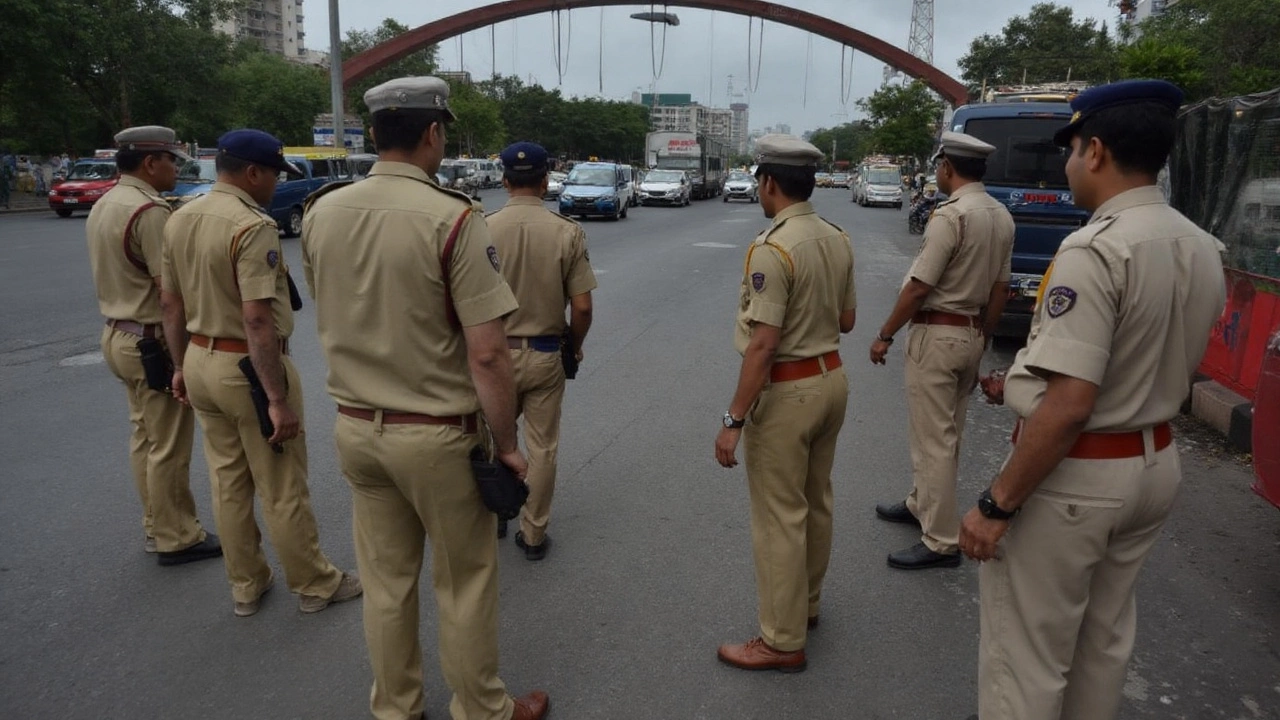MCOCA: What it means and how it works
MCOCA stands for the Maharashtra Control of Organised Crime Act. It’s a special law made to fight organised crime and gangs that threaten public safety and the economy. The law gives the police and prosecution stronger tools than ordinary criminal laws. That makes investigations and trials faster, but it also raises serious rights questions.
When do authorities use MCOCA? Usually when crimes are part of a pattern — gangs, rackets, drug networks, extortion or large-scale fraud. If officers can show links between different crimes and people acting together, they may add MCOCA charges on top of regular charges like murder, robbery or fraud.
Key features of MCOCA
Special courts: Cases under MCOCA go to designated courts to speed up hearings. These courts follow timelines that are stricter than regular criminal courts. Stronger investigation powers: Police get wider authority to detain suspects, attach property and obtain records. Evidence: The law lets courts consider patterns of activity as proof of organised crime. Harsher penalties: Sentences can be longer and fines higher than for similar offences under the Indian Penal Code.
The law does not remove basic legal rights. Accused people still have the right to legal counsel, the right to a fair trial and the right to appeal. But judges often require stronger proof to grant bail in MCOCA cases because the law treats organised crime as a higher threat to society.
What you should do if MCOCA is invoked
If you or someone you know faces MCOCA charges, act quickly. First, get an experienced criminal lawyer who has dealt with special laws. Don’t speak to police without legal advice — anything you say can be used in court. Collect documents and witnesses that show separate and lawful activities. Challenge the accusation that the acts were “organised” or part of a criminal pattern. Jurisdiction and procedure errors by police can also be strong points to contest.
Court strategy often focuses on breaking the link between separate incidents. If the prosecution cannot prove coordination or pattern, MCOCA charges may be dropped, leaving only ordinary criminal charges. Appeals are possible in higher courts, so preserve records and file timely petitions.
MCOCA is powerful and controversial. It helps authorities tackle complex criminal networks, but it can also be misused if safeguards fail. Knowing how the law works, and acting fast with the right lawyer, is the best practical defense. If you want more plain answers about specific procedure, bail rules or timelines under MCOCA, ask and I’ll explain in simple steps.
Practical tips to strengthen your case: keep a timeline with dates, locations and contacts for each event tied to the accusations. Save messages, call logs, bank statements and invoices that show normal business or personal activity. Ask independent witnesses for written statements while memories are fresh. Do not destroy any document police might ask for — that can be used against you. Your lawyer can file petitions to question evidence, get custody records and seek orders.
Arun Gawli Walks Free After 17 Years: What His Bail Means for Mumbai’s Underworld
Seventeen years after his conviction under MCOCA, Mumbai strongman Arun Gawli has been granted bail by the Supreme Court in the 2007 corporator murder case. His release returns a once-dominant figure to a city where the old underworld is leaderless. Police and residents are watching whether he keeps a low profile or rebuilds influence through proxies.
learn more